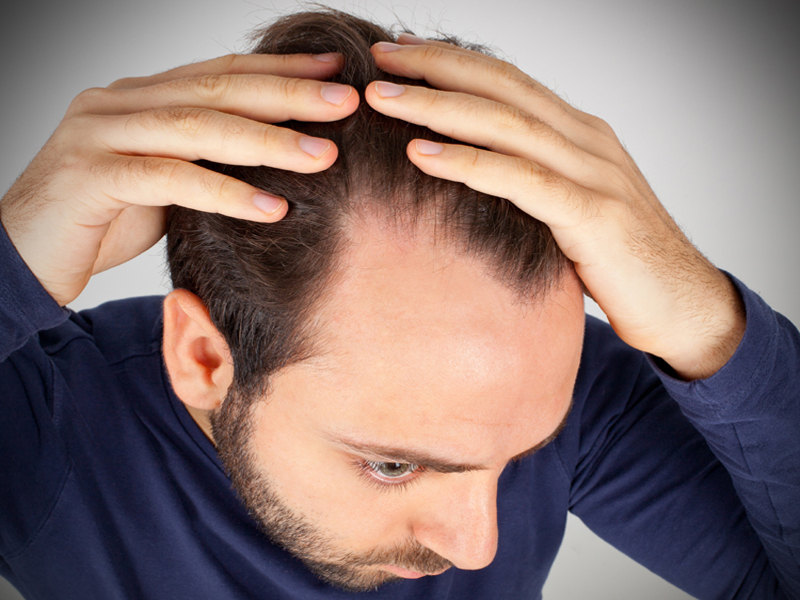
Introduction
Hair fall is a common concern for many individuals, and it often leads to various myths and misconceptions about its causes and treatments. These myths can create confusion and prevent people from effectively addressing their hair fall issues. In this article, we aim to debunk some of the most prevalent hair fall myths and provide clarity on what really contributes to hair loss.
Myth 1: Washing Your Hair Daily Causes Hair Fall
One common misconception is that frequent hair washing leads to hair fall. In reality, daily washing with a gentle, sulfate-free shampoo is perfectly fine. In fact, keeping your scalp clean and free from excess oil and debris can promote a healthier environment for hair growth.
Myth 2: Hair Loss Only Affects Men
While it’s true that male pattern baldness is a well-known condition, hair loss is not exclusive to men. Women can also experience hair loss due to various factors, including hormonal changes, genetics, and medical conditions. It’s essential to address the underlying cause rather than assuming it only affects one gender.
Myth 3: Stress Is the Sole Cause of Hair Fall
Stress can contribute to hair fall, but it’s rarely the sole cause. Hair loss is usually a result of multiple factors, including genetics, hormones, diet, and lifestyle. Managing stress is undoubtedly beneficial for overall health, but it’s essential to consider other potential causes as well.
Myth 4: Wearing Hats Causes Baldness
Wearing hats or caps does not directly cause baldness. However, wearing extremely tight headgear for extended periods may lead to a condition known as traction alopecia, characterized by hair loss around the hairline due to constant pulling and tension. Regularly wearing loose-fitting hats should not cause any issues.
Myth 5: Hair Loss Is Always Permanent
Hair loss isn’t always permanent. Different types of hair loss have various outcomes. For instance, some individuals experience temporary hair loss due to factors like medication, stress, or pregnancy. With the right treatment and care, hair often regrows once the underlying issue is resolved.
Myth 6: Hair Loss Is Inevitable with Aging
While it’s true that many people experience thinning hair as they age, it’s not an inevitable outcome for everyone. Genetics, lifestyle choices, and proper hair care can significantly influence the extent of age-related hair changes. Healthy habits can help maintain thicker and fuller hair as you grow older.
Myth 7: Cutting Your Hair Makes It Grow Faster
Contrary to popular belief, cutting your hair does not make it grow faster. Hair growth occurs at the scalp, and trimming the ends of your hair does not affect the rate at which it grows. However, regular trimming can help maintain healthy hair by preventing split ends and breakage.
Conclusion
Understanding the truth behind these common hair fall myths is essential for making informed decisions about your hair care and seeking appropriate treatments when needed. If you’re experiencing significant hair loss or have concerns about your hair’s health, consulting a professional, such as a trichologist or dermatologist, can provide you with personalized guidance and solutions. Remember that addressing the underlying causes of hair fall is key to maintaining a healthy and vibrant mane.
Regards,
Dr. Satish Vaishnav
Hair Doc, Trichology Expert, Hair Clinic
Thane, Pune, Chhatrapati Sambhajinagar, Pimpri-Chinchwad



